This is the twenty-fifth iteration of this list, twenty three of those for graduating seniors over twenty three years, the twenty-fourth in March of 2013. My last class graduated four years ago. My audience has changed. So has my reading.
I have little patience anymore for light reading. I know good mysteries and thrillers are out there, but I just cannot read them — something in them no longer clicks into place for me; the same for plays which I once sought after avidly because I needed new titles to teach, but with the exception of the four Shakespeare and Godot, they too have fallen out of my habit. There are more women here, more memoirs, more love stories, recent novels as always, a continued interest in the history and experience of war. Poetry has taken the place of plays; I have a selection of poems going all the time.
Books remain the place where I can find all the contradictory impulses of the heart — a desire for refuge and for exploration, insight into others and into my own shifting, aging self, something to stir my fury and to give solace but always words to give heat to my curiosity. I look for new titles the same way a child picks up every bit and piece and fragment of stuff on a beach — jewels might be everywhere.
Books too are a fire. Spark leads to blaze. Even when nothing is left but embers, their glow remains somewhere in my memory, able to be summoned when another spark flares in a sudden darkness. For example, reading King’s New Guinea novel Euphoria led to Hoffman’s investigation of Michael Rockefeller’s disappearance there in 1961 (Savage Harvest) which caused me to choose the Metropolitan Museum of Art in NYC as a stop for our next trip to the city so I can spend time with the Asmat Bis Poles and canoe now on display.
I am not a bibliophile. Thousands of books have come in and gone out of my homes, but neither can I rest from these goods. I carry them everywhere. Otherwise I might miss something.
These recommendations are my own slight attempt to encourage anyone finding this to read and read and never stop. A few of these books changed everything. I hope you find some titles here that give you pleasure and maybe one or two which will change the world for you. Revised: March, 2015
History, Biography, Memoirs:
Gail Caldwell, Let’s Take the Long Way Home (deep friendship)
Brian Castner, The Long Walk (memoir of IED demolition in Iraq and the life after)
Ed Conlon, Blue Blood (best memoir of police life – funny, authentic)
Annie Dillard, Pilgrim At Tinker Creek (nature as mystic exp.), For the Time Being (the nature of God)
Colin Fletcher, The Man Who Walked Through Time (one man walking the Grand Canyon and sensing deep time)
Jim Gorant, The Lost Dogs (fighting dogs brought back to life and homes — this is a rescue story)
Christopher Hitchens, Arguably (no one had a keener eye for fundamental political truths; terrific polemics); Hitch-22 (very funny,very smart memoir)
Edward Hoagland, Heart’s Desire, Compass Points or any other essays/books (a superb essayist, maybe our best)
Carl Hoffman, Savage Harvest (New Guinea and Michael Rockefeller’s disappearance in 1961; the strangest part of this world)
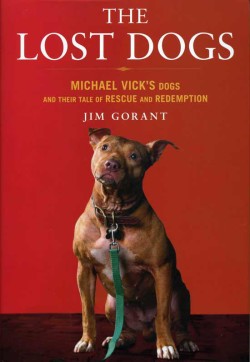 Alistair Horne, Seven Ages of Paris (the best history of Paris that I have found, the most beautiful city in the world)
Alistair Horne, Seven Ages of Paris (the best history of Paris that I have found, the most beautiful city in the world)
T.E. Lawrence, Seven Pillars of Wisdom (Lawrence in the desert; a great, strange warrior with the soul of a scholar and poet)
Rosemary Mahoney, Down the Nile (a woman alone on the Nile) A Singular Pilgrim (pilgrimages)
Judith Schalansky, The Atlas of Remote Islands (the title describes places we will never visit and their stories)
Martin Scorsese, A Personal Journey with Martin Scorsese Through American Movies (idiosyncratic, interesting choices)
David Thomson, The New Bio Dictionary/Film (indispensable);The Whole Equation (Hollywood); The Big Screen (History); Moments That Made the Movies (great scenes). No one is writing better books about movies — exciting ideas from a man in love with good movies)
Caroline Alexander, The Bounty: The True Story of Mutiny on the Bounty (Fletcher Christian was not the hero; Bligh was)
Martin Amis, Koba the Dread (a Stalin bio as a good novelist sees him)
Rick Atkinson, Guns at Last Light (the American Army in Europe from D-Day to VE Day — personal, vivid stories and imagery)
Nancy Bailey, The North Side of Down: The True Story of Two Sisters (fierce devotion — how love keeps one going)
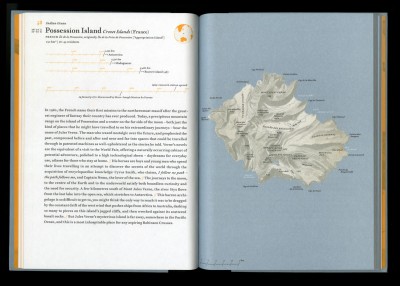 Katherine Boo, Beyond the Beautiful Forevers (one poor Mumbai community brought to Dickensian life)
Katherine Boo, Beyond the Beautiful Forevers (one poor Mumbai community brought to Dickensian life)
Taylor Branch, Parting the Waters; Pillar of Fire; At Canaan’s Edge (a trilogy — 20th century Civil Rights struggle; you want to know what King and others faced? Read these. The best!)
Roger Crowley, Empires of the Sea (the defense of Malta against the Ottoman Empire in 1565, the battle of Lepanto — thrilling narrative history by a first rate descriptive writer)
Dexter Filkins, The Forever War (a reporter with a novelist’s eye for Iraq and Afghanistan)
David Finkel, The Good Soldiers (superbly written, sympathetic — one Army unit in the “Surge”)
Ian Frazier, Great Plains (history and memoir, landscape and those who dwell there — he makes you yearn for the trip he took)
John Hale, Lords of the Sea (the rise of the Athenian navy — don’t look puzzled — this is thrilling, narrative history)
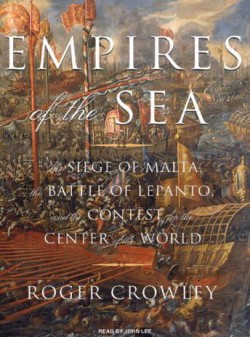 Max Hastings, Inferno: The World at War: 1939-1945 (the Brits are so good at this)
Max Hastings, Inferno: The World at War: 1939-1945 (the Brits are so good at this)
Thomas Keneally, Abraham Lincoln (the best of our leaders as profoundly human; mythology stripped away)
Jane Leavy, Sandy Koufax (the great left-hander as an even better human being)
Jane Mayer, The Dark Side (American leaders who sold their souls for power)
Larry McMurtry, Crazy Horse (the life of a great “resistor”)
Richard Meryman, Andrew Wyeth: A Secret Life (how great paintings get made)
Adam Nicolson, Seize the Fire (the battle of Trafalgar and the 18th century ideal of heroism)
George Packer, The Unwinding: An Inner History of the New America (sharp reporting about the economic divides in contemporary America)
Nathanial Philbrick, The Last Stand ( Little Big Horn)
Siegfried Sassoon, Memoirs of an Infantry Officer (matched with Owens’ poetry – a heartbreaking vision)
Timothy Snyder, Bloodlands (terrible events in eastern Europe and Russia in the 30’3/40’s)
Cheryl Strayed, Wild (a passionate woman made whole by a 1200 mile walk)
FICTION:
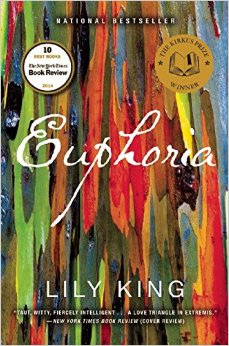 Martin Amis, Time’s Arrow (Time reversed; the best Holocaust novel)
Martin Amis, Time’s Arrow (Time reversed; the best Holocaust novel)
Peter Behrens, The Law of Dreams (the Irish famine and the immigrant experience)
Jorge Luis Borges, The Labyrinth, (short fiction, philosophical and surreal)
Willa Cather, Death Comes for the Archbishop (the best New Mexico book I have read; a terrific novel about faith)
James Clavell, Shogun (great adventure story set in 16th century Japan)
Anthony Doerr, All the Light We Cannot See (set in France and Germany, 1930’s and 1940’s — a blind girl and a young German radio wizard. I could not put this down)
Fyodor Dostoevsky, The Brothers Karamazov, (I will read this again and again; Dostoevsky’s attempt to describe the Russian 19th century (and our souls too)
John Dos Passos, USA (best radical American novel of 20’s/30’s)
William Faulkner, The Sound and the Fury, Light in August (our best novelist and his best books)
Thomas Flanagan, The Year of the French (Irish uprising of 1798 – deep sense of place and time)
Alan Furst, The World At Night, Red Gold, Dark Star, Night Soldiers, The Polish Officer (WWII fiction – I would recommend these. His latest have been sub-par, but these titles are tense, atmospheric.)
Graham Greene, The Power and the Glory (a whisky priest keeps faith in revolutionary Mexico); End of the Affair (exactly what the title describes — how we are remade by love)
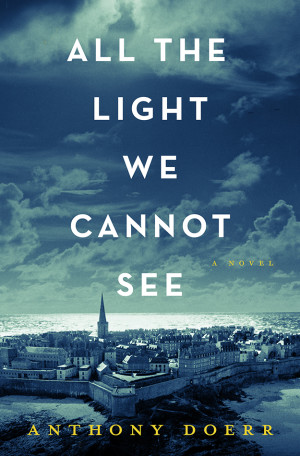 Brian Hall, I Should be Extremely Happy in Your Company (Lewis and Clark; poor Lewis, one of my heroes)
Brian Hall, I Should be Extremely Happy in Your Company (Lewis and Clark; poor Lewis, one of my heroes)
Peter Heller, The Dog Star (a more serious attempt to describe the end of the world)
Ernest Hemingway, the short stories, For Whom the Bell Tolls, A Moveable Feast (No one better captures the bones and muscle of the world and their failings)
Smith Henderson, Fourth of July Creek (rural Montana and a social worker trying to rescue a wild family and himself)
Edward Hoagland, Children are Diamonds (aid workers in Africa; its portrayals of Africans are rounded, sympathetic, credible — the last 60 pages are superb)
Homer, The Iliad and The Odyssey (the Fagles’ translations)
Denis Johnson, Train Dreams (a forgotten man’s entire life in 116 moving pages)
James Joyce, Ulysses (June 16: 1 day in the life of Leopold Bloom); Dubliners, especially The Dead (the best short story ever)
Lily King, Euphoria (a love affair in New Guinea in the 1930’s — the limits of possession and curiosity)
Phil Klay, Redeployment (the best fiction to come out of the Iraq war. Every American, especially politicians, should read this)
Tony Kushner, plays: Angels in America: The Millenium Approaches and Perestroika (the best American plays since 1950)
John Le Carre, Tinker, Tailer, Soldier, Spy and The Constant Gardener (the best novels I know of about the flow of power and secrets in modern life)
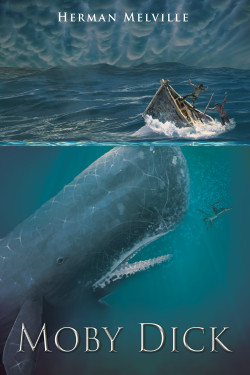 Hilary Mantel, Wolf Hall and Bring Up the Bodies (Henry VIII and wonderful Cromwell, his sly minister)
Hilary Mantel, Wolf Hall and Bring Up the Bodies (Henry VIII and wonderful Cromwell, his sly minister)
Anthony Marra, A Constellation of Vital Phenomena (a doctor and refugee caught within the war in Chechnya — hopeful about human beings under terrible pressures)
Cormac McCarthy, The Crossing (such a lyrical, evocative first 150 pages/nothing like them in any recent American novel)
Bernice McFadden, Gathering of Waters (Emmett Till, magic realism; a tragic, lyrical vision)
Claire Messud, The Woman Upstairs (a first person voice that is convincing, barbed, a sound of controlled fury)
Herman Melville, Moby Dick (do not put it down; the greatest and strangest American novel)
Phillip Meyer, The Son (generations of two families in Texas — from the Comancheria to the present)
Nicholas Monsarret, The Cruel Sea (the best WWII novel I have ever read)
Patrick O’Brian, Any Aubrey/Maturin novel/18th cen. Brit Navy (best historical fiction)
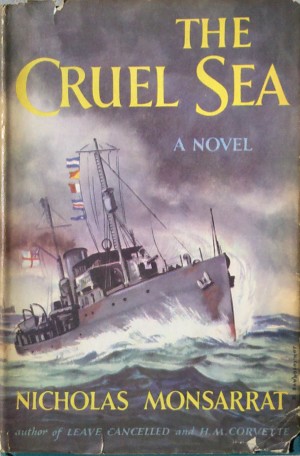 Sean O’Faolin, The Collected Stories (unsentimental, tough-minded, but also the best love story I have ever read)
Sean O’Faolin, The Collected Stories (unsentimental, tough-minded, but also the best love story I have ever read)
Ann Patchett, State of Wonder (two women at the center of discovery in the Amazon)
Richard Price, Clockers, Lush Life, (NYC today – real police; intersections of history)
Marilynne Robinson, Lila (as American a love story as I know; Lila’s voice is perfect)
Philip Roth, The Human Stain, American Pastoral, The Plot Against America (serious, enthralling fiction)
Emily St. John Mandel, Station 11 (the end of the world, performances of King Lear)
Colm Toibin, The Testament of Mary (Christ’s mother — bitter, breaking, an authentic voice; not the Mary of common belief)
Leo Tolstoy, Anna Karenina and War and Peace (the best novels by the greatest novelist of all, anywhere)
John Updike, the four Rabbit novels: Rabbit Run, Rabbit Redux, etc. (Rabbit, the anti-Gatsby and America over 50 years)
Jess Walter, Beautiful Ruins (a love story in Italy with appearances by Richard Burton and Elizabeth Taylor)
H.G.Wells, The War of the Worlds (vivid, terrifying)
Larry Woiwode, Beyond the Bedroom Wall, A Step from Death (no American since 1975 has written more truthfully about family)
SHAKESPEARE:
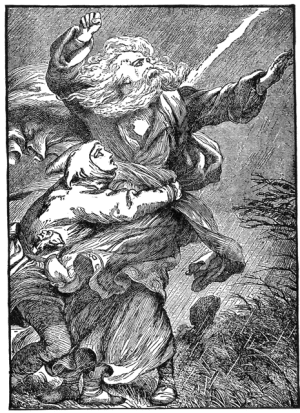 King Lear, Othello, Hamlet, Macbeth (I come back to these four titles, Shakespeare’s strongest plays, I think, and all of them about the conflicts engendered by power and identity; Lear especially has become more important to me)
King Lear, Othello, Hamlet, Macbeth (I come back to these four titles, Shakespeare’s strongest plays, I think, and all of them about the conflicts engendered by power and identity; Lear especially has become more important to me)
POETRY:
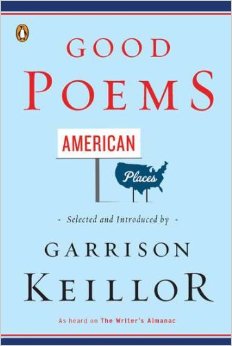
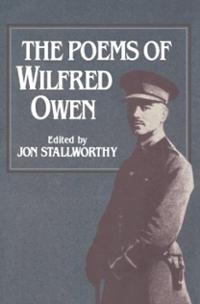 Garrison Keillor, editor: Good Poems; Good Poems for Hard Times; Good Poems, American Places (the best anthologies I own; Keillor’s eye, ear and judgment are superb)
Garrison Keillor, editor: Good Poems; Good Poems for Hard Times; Good Poems, American Places (the best anthologies I own; Keillor’s eye, ear and judgment are superb)
Lauren Eggert Crowe, The Songbird Laboratory (the title poem is remarkable)
Wilfred Owen, Collected Poems (He served in the trenches. Shot by a sniper days before the surrender. He wrote the most profound and affecting war poems of anyone, ever).
Wallace Stevens, Selected Poems (the great modernist. Consumed by the interplay between the imagination and the world)
Anna Akhmatova, Selected Poems (the great Russian poet of Stalin’s era. “Requiem” alone is worth the price of the book)
William Stafford, The Darkness Around Us Is Deep, (the poet of the West and of space)
Robert Frost, The Poetry of Robert Frost (He never turns away from a hard truth)
Philip Larkin, Collected Poems (In no poetry book I own have I turned down more pages)
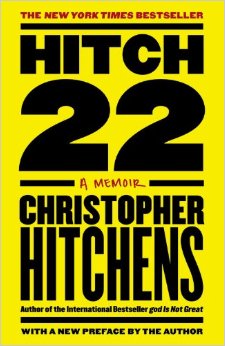
I am just like you and the rest of our siblings–I love to read,I always have a book with me. I remember dad taking us to the tiny library in Myerstown every two weeks. I would get an armful of books and read them over and over until the time was up to go get more!